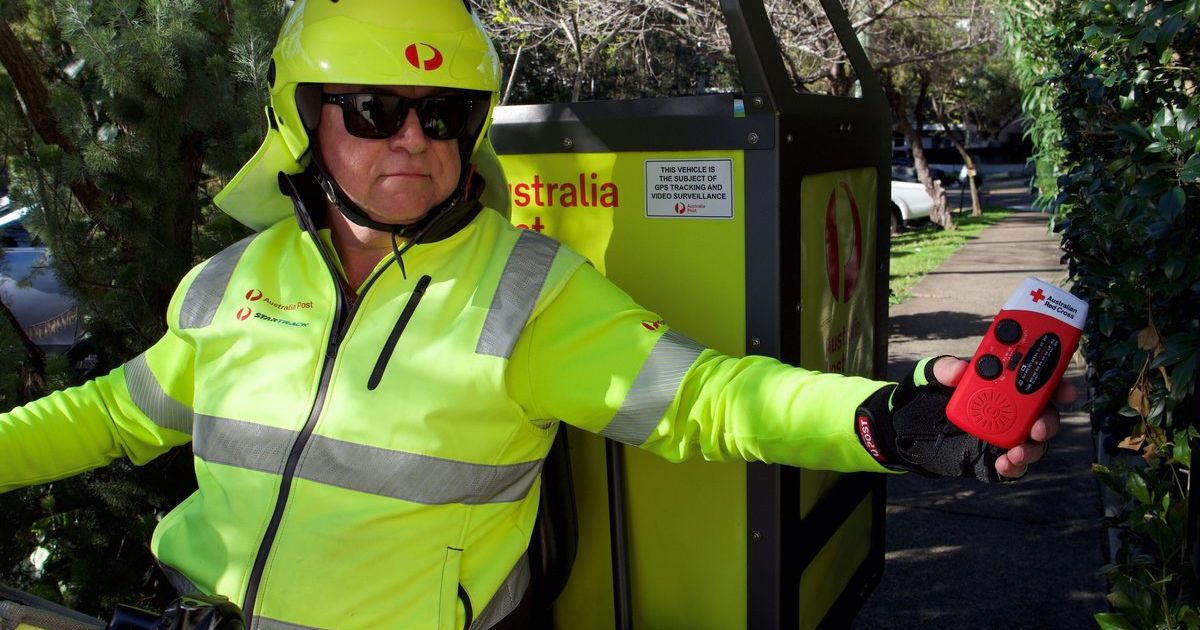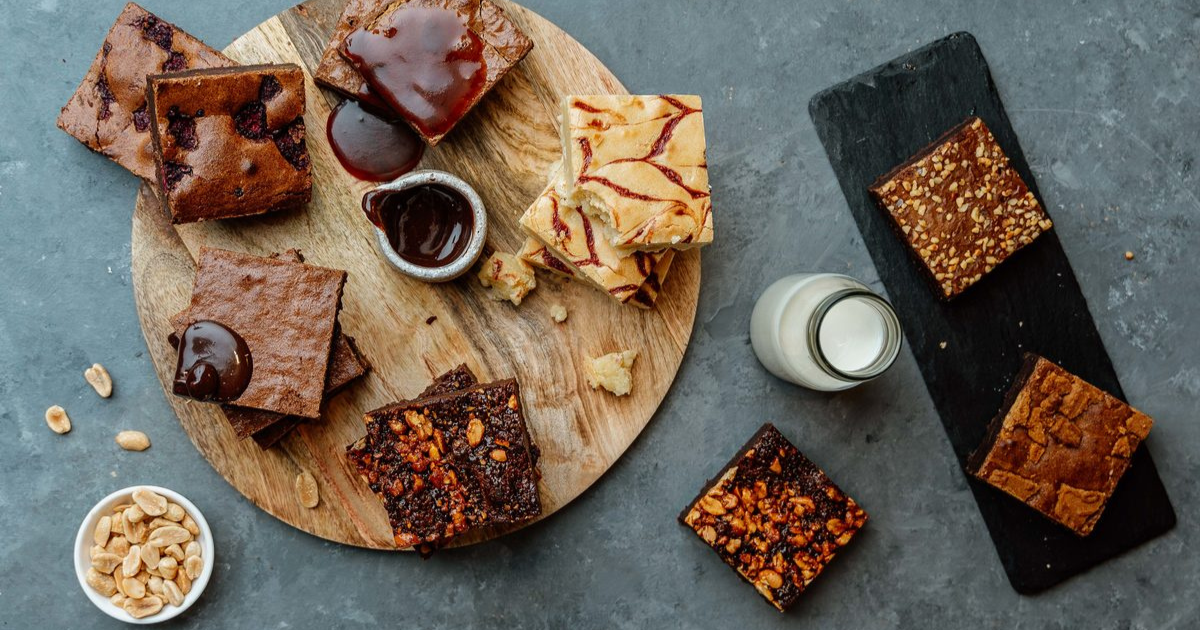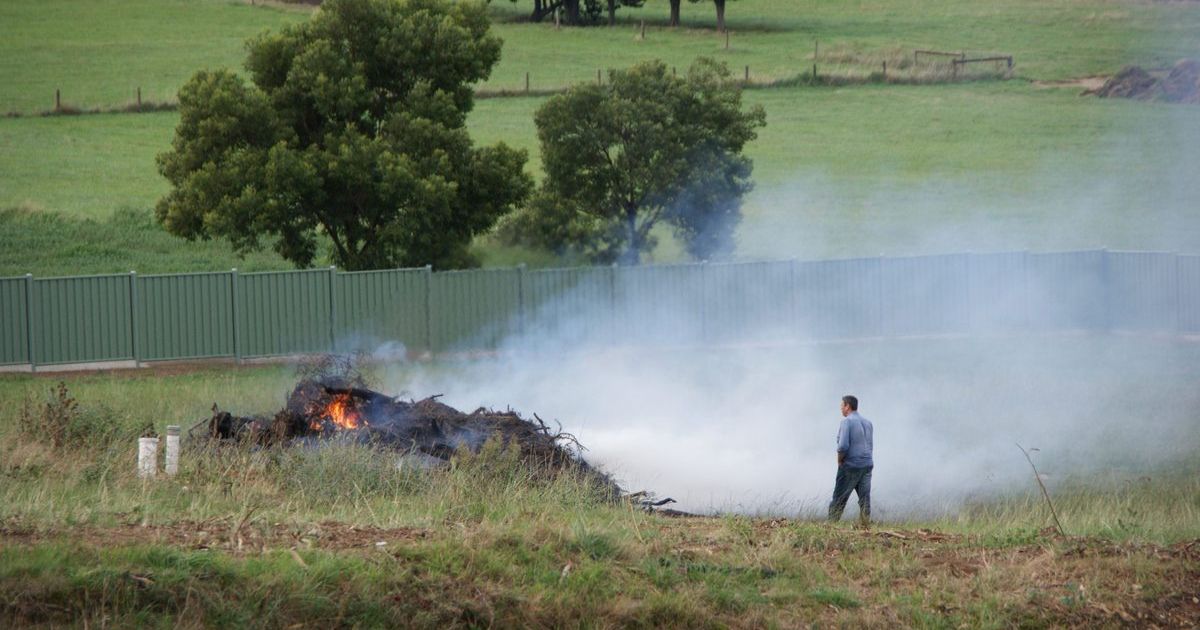Access to domestic violence support

Not alone: The Orange Door is a State Government program delivered by hubs across Victoria, including the Centre for Non-Violence in Bendigo, to assist victims of family and domestic violence. Photo: FILE
THE twelve months leading up to June saw a rise in incidents of domestic violence orders in Greater Bendigo compared to the previous year.
While reported cases rose by 8.6 per cent and could signify an increase of family violence in the area, Yvette Jaczina, executive manager of programs and services at the Centre for Non-Violence, said it could be down to other reasons such as an increase in confidence in the police.
The Centre for Non-Violence in Bendigo runs the State Government’s The Orange Door program, which is designed to be the first point of call for victims of family and domestic abuse.
“The Centre for Nonviolence is a partner in The Orange Door, we also deliver longer term support beyond that intake point,” said Ms Jaczina.
“The initial approach would be to undertake a risk assessment and to determine the level of risk that a victim may be experiencing.
“We recognise victims of family violence have got a very strong understanding of what keeps them safe, but the professional analysis and judgement of a specialist family violence worker can help the victim to understand the level of risk they’re facing.”
Ms Jaczina said most referrals to The Orange Door come through the police, and it can sometimes take time for victims to realise what’s happening around them.
“Imagine when the person that should be caring for you and providing love is doing harm, that’s very difficult to reconcile,” she said.
She said one of main reasons for a victim not reaching out to support services could be if they were under close surveillance by the perpetrator and it was unsafe to do so.
The centre will work with the victim to make a safety plan and, if there is significant safety risk, police will be contacted.
“Where we have concern about children, we would need to engage with child protection and we always aim to do so with the victim’s understanding,” said Ms Jaczina.
It is largely women who are the victims of family violence, and one woman dies each week in Australia because of it.
First Nations women are 33 times more likely than non-Indigenous women to suffer, and women with disabilities are 40 times more likely than non-disabled women to be victims, said Ms Jaczina.
“It’s shocking statistics, and we know that family violence is prevalent across our communities,” she said.
“What we do know, is that gender inequality is a leading cause against of violence against women and children.
“Community attitudes that condone use of violence and encourage rigid gender stereotyping are also the drivers of family violence.”

















